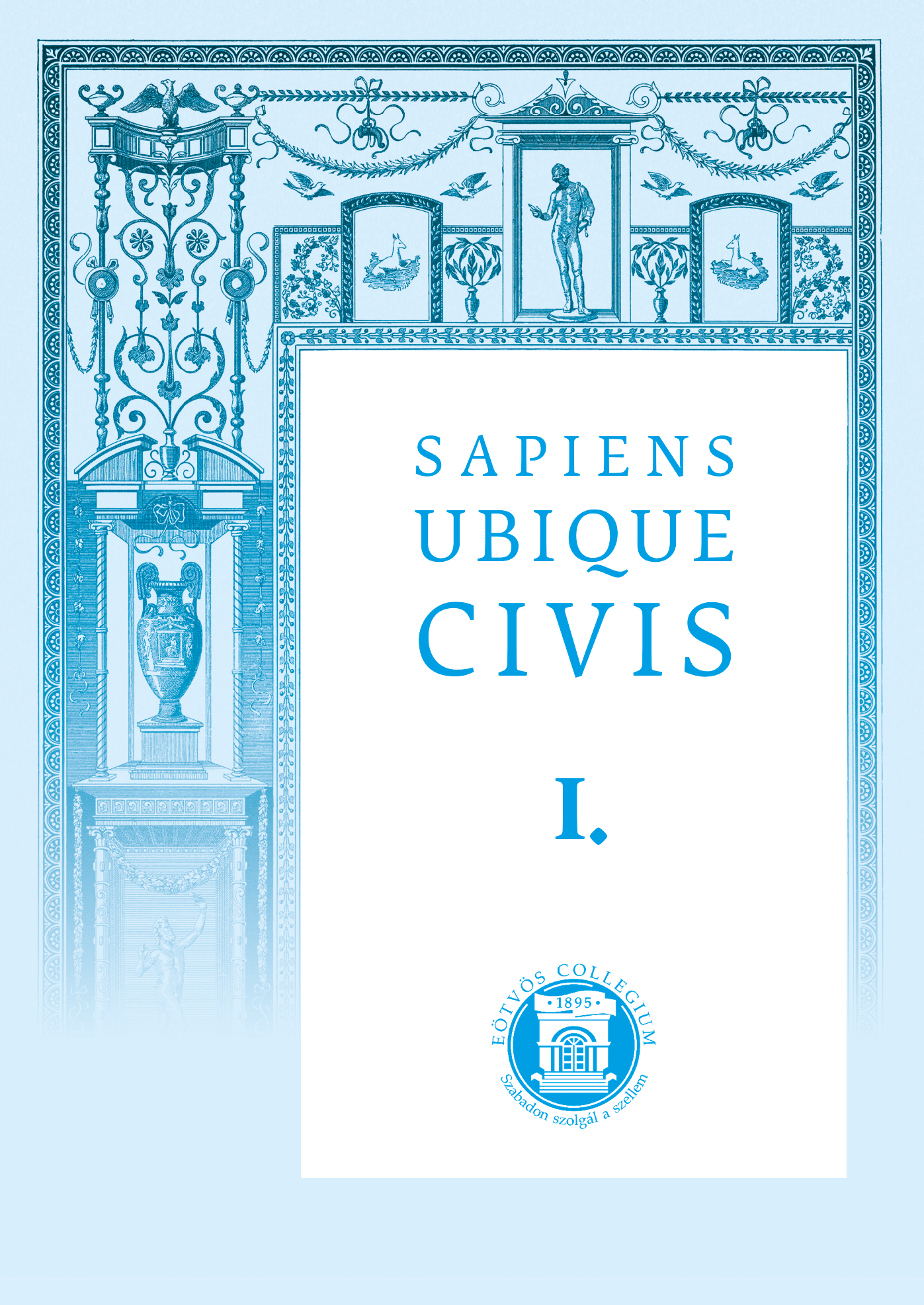Identities in Roman Macedonia during the Early Imperial Period
Main Article Content
Abstract
This paper focuses on the impact of the Roman presence in Macedonia on the collective identities of the local population from the beginning of Roman rule in the region in 167 BC until the early 3rd century AD. The societal changes taking place during the first three and a half centuries have been outlined using the available epigraphic, numismatic and onomastic evidence to analyse the evolving identities of the Macedonians and the new forms of expression of these identities. The approach taken in this paper is not one of Hellenisation or Romanisation but of acculturation, focussing on the identities of the Macedonian people that adapted and evolved in relation to the new political and cultural environment.
Article Details
How to Cite
Murray, S. (2020). Identities in Roman Macedonia during the Early Imperial Period. Sapiens Ubique Civis, 1, 141–160. https://doi.org/10.14232/suc.2020.1.141-160
Section
Articles

